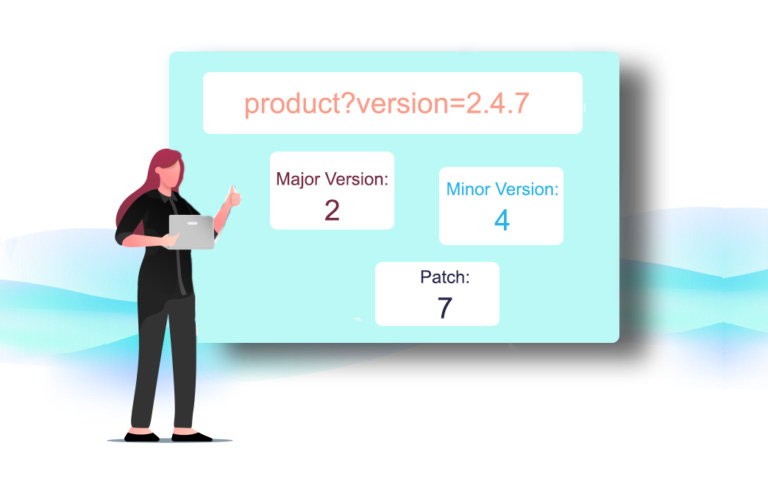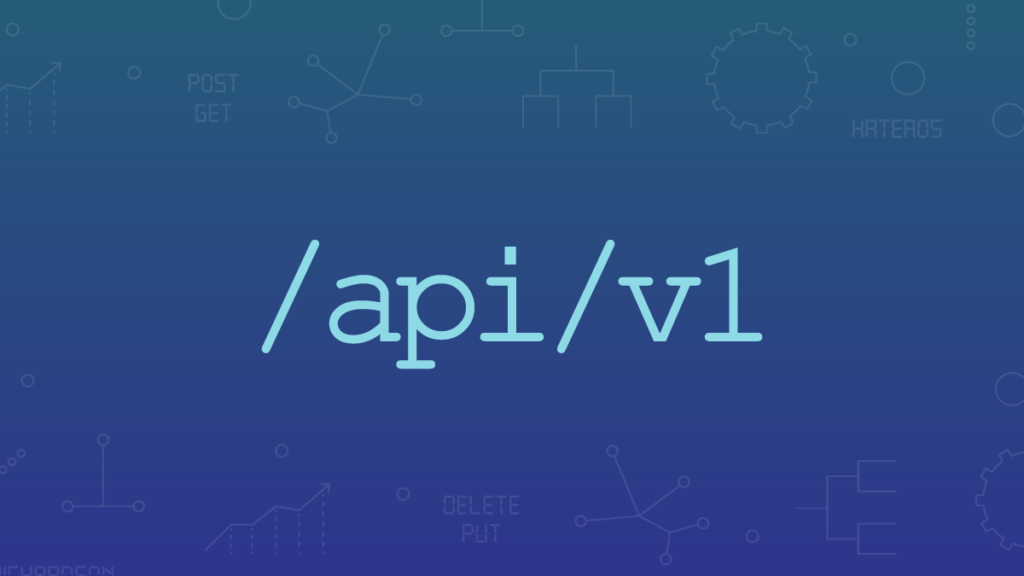Reusable Python Code Modules, Part 13 - Versioning
Maintaining Compatibility: Implementing Reusable Versioning Modules
Versioning is crucial for maintaining backward compatibility, managing API changes, and ensuring seamless integration with client applications. Proper versioning strategies help developers manage multiple API versions and facilitate smooth transitions between versions. This guide covers how to structure reusable versioning modules in Python using Flask, manage versioned endpoints efficiently, and integrate common libraries.
Common Versioning Strategies and Tools
1. URI Versioning
URI versioning involves embedding the version number in the URI path. This is one of the most straightforward versioning strategies
Key Features
Simplicity: Easy to implement and understand
Visibility: Version information is visible in the URL
Client Independence: Each version has its own URI, avoiding conflicts
2. Query Parameter Versioning
Query parameter versioning involves specifying the version number as a query parameter in the URL
Key Features
Flexibility: Allows clients to switch versions easily by changing the query parameter
Backward Compatibility: Existing URIs remain functional without changes
Cleaner URIs: Keeps the main URI structure clean, with versioning managed via query parameters
3. Header Versioning
Header versioning involves specifying the version number in the request header. This method decouples version information from the URI
Key Features
Clean URIs: Keeps the URI structure clean and version-agnostic
Separation of Concerns: Versioning is managed separately from the URI, reducing clutter
Flexibility: Allows for more flexible versioning strategies without changing URIs
4. Content Negotiation Versioning
Content negotiation versioning uses the Accept header to specify the version. This method allows the client to request different versions based on content type.
Key Features
Advanced Versioning: Supports versioning based on content type and format
Backward Compatibility: Existing URIs and headers remain functional without changes
Flexibility: Provides flexible versioning without modifying URIs or query parameters
Comparison
URI Versioning: Best for simplicity and visibility with clear versioning in the URL
Query Parameter Versioning: Ideal for flexibility and backward compatibility with cleaner URIs
Header Versioning: Suitable for clean URIs and separation of concerns with versioning managed via headers
Content Negotiation Versioning: Best for advanced versioning based on content type and format
Examples
Example 1: URI Versioning
Setup:
$ pip install flaskConfiguration:
from flask import Flask, jsonify
app = Flask(__name__)
@app.route('/v1/items')
def get_items_v1():
items = [{'name': 'Item 1', 'price': 100}, {'name': 'Item 2', 'price': 200}]
return jsonify(items)
@app.route('/v2/items')
def get_items_v2():
items = [{'name': 'Item 1', 'price': 110}, {'name': 'Item 2', 'price': 220}]
return jsonify(items)
if __name__ == '__main__':
app.run(debug=True)Example 2: Query Parameter Versioning
Setup:
$ pip install flaskConfiguration:
from flask import Flask, request, jsonify
app = Flask(__name__)
@app.route('/items')
def get_items():
version = request.args.get('version', '1')
if version == '1':
items = [{'name': 'Item 1', 'price': 100}, {'name': 'Item 2', 'price': 200}]
elif version == '2':
items = [{'name': 'Item 1', 'price': 110}, {'name': 'Item 2', 'price': 220}]
else:
items = []
return jsonify(items)
if __name__ == '__main__':
app.run(debug=True)Example 3: Header Versioning
Setup:
$ pip install flaskConfiguration:
from flask import Flask, request, jsonify
app = Flask(__name__)
@app.route('/items')
def get_items():
version = request.headers.get('API-Version', '1')
if version == '1':
items = [{'name': 'Item 1', 'price': 100}, {'name': 'Item 2', 'price': 200}]
elif version == '2':
items = [{'name': 'Item 1', 'price': 110}, {'name': 'Item 2', 'price': 220}]
else:
items = []
return jsonify(items)
if __name__ == '__main__':
app.run(debug=True)Example 4: Content Negotiation Versioning
Setup:
$ pip install flaskConfiguration:
from flask import Flask, request, jsonify
app = Flask(__name__)
@app.route('/items')
def get_items():
accept_header = request.headers.get('Accept')
if accept_header == 'application/vnd.myapi.v1+json':
items = [{'name': 'Item 1', 'price': 100}, {'name': 'Item 2', 'price': 200}]
elif accept_header == 'application/vnd.myapi.v2+json':
items = [{'name': 'Item 1', 'price': 110}, {'name': 'Item 2', 'price': 220}]
else:
items = []
return jsonify(items)
if __name__ == '__main__':
app.run(debug=True)








